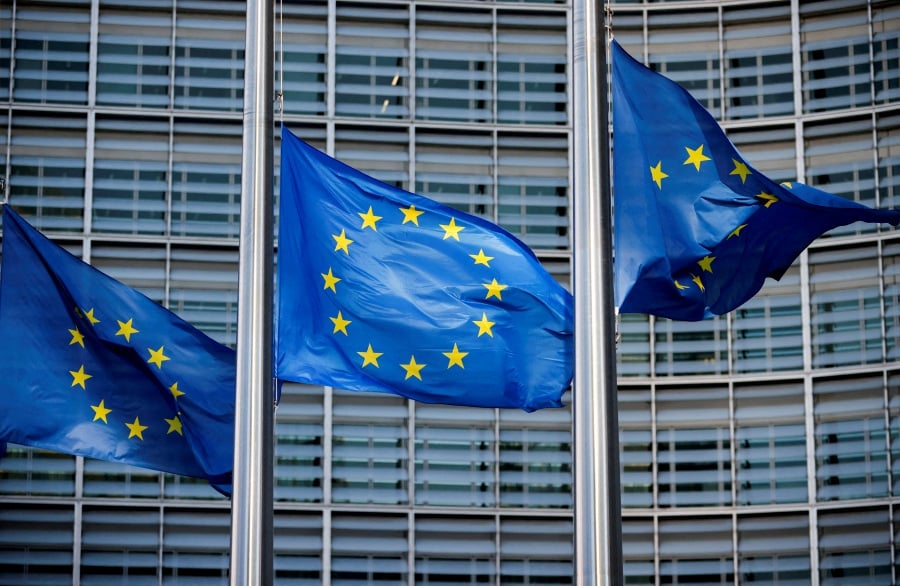WHILE European Union leaders boast about their handling of Covid and the Ukraine war, far-right parties have seized on discontent about the crises, a strategy set to pay off in European elections.
Embodying this trend are two countries at the heart of Europe: Austria and Hungary.
Hungarian Prime Minister Viktor Orban has vowed to "occupy Brussels" as he transforms his country into what he calls an "illiberal democracy".
He has cast the June 9 election as a referendum on the response to Russia's invasion of Ukraine.
In neighbouring Austria, meanwhile, the far-right Freedom Party (FPOe) has soared in the polls, buoyed by discontent about the government's handling of the Covid pandemic, as well as soaring inflation and migration.
Since the last EU elections in 2019, European far-right parties have responded to a worsening economic situation by cranking up their rhetoric, said European politics expert Catherine Fieschi at Counterpoint, a London-based think tank.
Brussels has claimed success in dealing with the pandemic and touts its solidarity in the face of Russia's invasion of Ukraine, she said, "but things are still not going as well as they did in 2019".
"Praising Europe's successes" amid a cost-of-living crisis means "not understanding the pessimism of far-right voters", she added.
In campaign posters and speeches, Orban repeatedly calls for "peace" and an end to the war. implying coming to terms with Russia's authoritarian president, Vladimir Putin.
Orban has also frequently cast himself as the "protector" of stability in a changing world that he claims is under threat from immigration, LGBTQ rights and Brussel's climate policies.
A senior member of Orban's Fidesz party, outgoing EU Parliament member Balazs Hidveghi, said Orban has won support by reading what is on voters' minds.
He cited the EU's response to the war, claiming that "most people want" a ceasefire and peace negotiations.
EU sanctions on Russia were "the wrong response" as they failed to "prevent the continuation of hostilities".
In power for the past 14 years, Fidesz is leading in opinion polls. Surveys indicate it has between 39 and 48 per cent support.
In Austria, the FPOe tops the polls with 25 to 30 per cent of votes, thanks to a similar strategy.
Its popularity slumped in 2019 amid a string of corruption scandals, but the party has since bounced back.
Its success under leader Herbert Kickl is attributed above all to his rebellious Covid anti-vaccination stance.
During the pandemic, the party seized on anger over strict measures, such as nationwide lockdowns and a mandatory vaccination law that was later scrapped.
The measures sparked mass protests, with the FPOe styling itself as an anti-jab party.
Martin Rutter, one of the organisers of anti-vaccine protests, said the ruling conservative party "lost voters to the FPOe" due to its strict stance on Covid.
He said media coverage of the sensitive issues was "all heading in the same direction", reflecting a consensus on strict Covid measures.
For his part, he has "noticeably reduced" his consumption of "mainstream" news.
Like him, ever more voters across Europe are "completely avoiding traditional media", Fieschi said.
FPOe members have not shrunk from spreading conspiracy theories and false information.
Fieschi pointed to a polarising "us-against-them" approach to political debate in Europe.
"Everywhere, the established elite have been judged very harshly during the Covid-19 period," she said, citing opinion polls.
In France, Germany, the Netherlands and beyond, far-right parties are also polling strongly with hard lines on some of the same issues broached by Orban.
The writer is from Agence France-Presse





